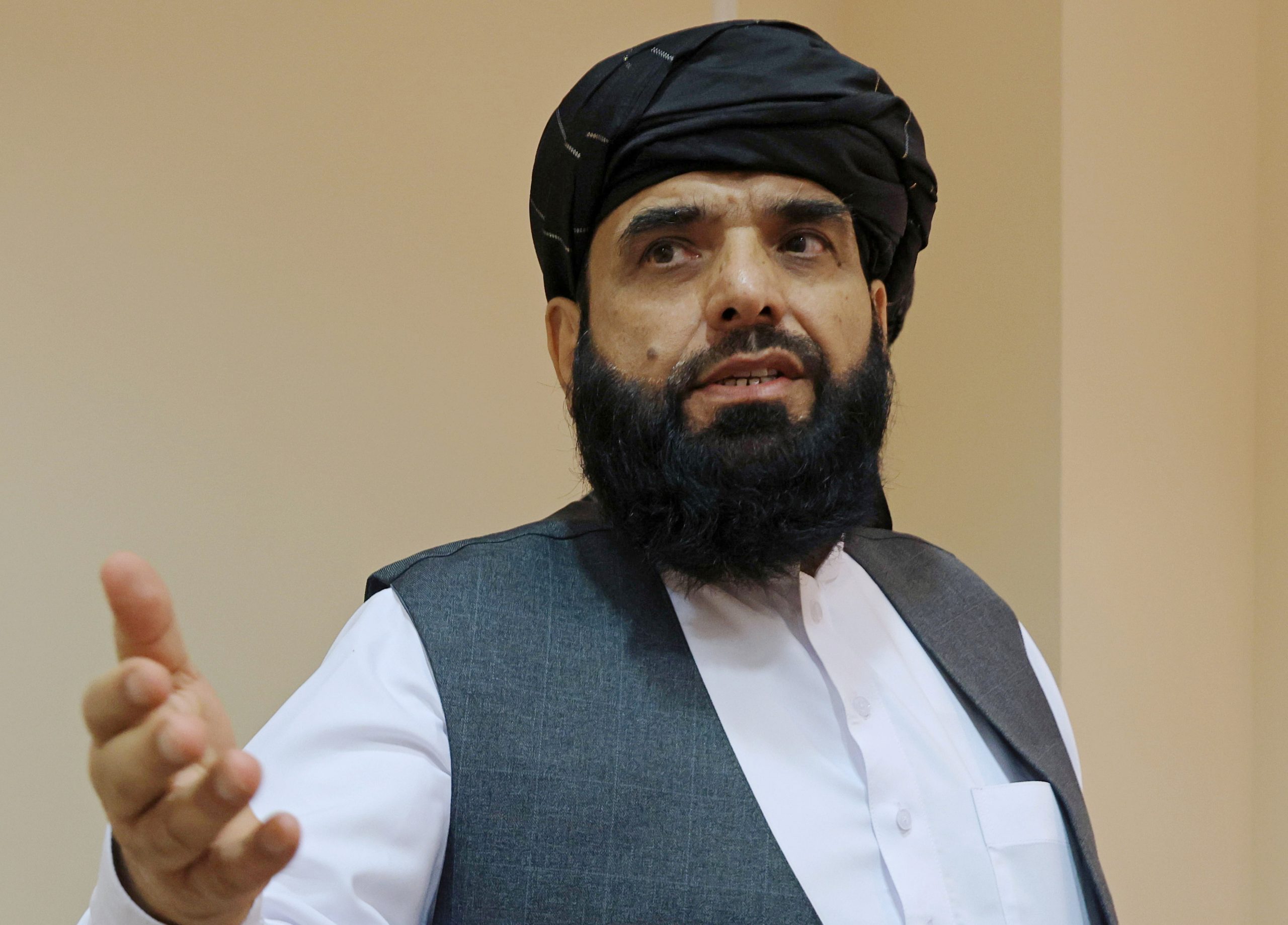
Lauren Moye, FISM NEWS
[elfsight_social_share_buttons id=”1”]
The Taliban asked for an opportunity to speak before the United Nations General Assembly, in an effort to legitimize their rule, but the chance of securing that acknowledgement before the current session ends on Sept. 27 is highly unlikely.
Through a letter to U.N. Secretary-General Antonio Guterres sent on Monday, Taliban Foreign Minister Amir Khan Muttaqi also requested that the current Afghanistan representative at the U.N., Ghulam Isaczai, be replaced by Suhail Shaheen. Isaczai is currently scheduled to speak on the final day of the assembly.
Isaczai remains the U.N. envoy for Afghanistan despite being a member of the Afghan regime that recently fell to the Taliban. The U.S. and the majority of other world powers have still not recognized the Taliban as the legitimate government of the country.
The U.S. had warned that they would not recognize a Taliban government before the fall of Kabul, and many lawmakers have reiterated that legitimizing their rule would be an outrage.
South Carolina Governor Nikki Haley responded to the request on Twitter:
The Taliban shouldn't be allowed to address the UN. They're whipping women in the streets, ordering girls not to go to school, and murdering opponents. They haven't changed.
The Taliban is a terrorist group holding a country hostage, not the legitimate government of Afghanistan.
— Nikki Haley (@NikkiHaley) September 22, 2021
When the Taliban last held power from 1996-2001, the U.N. refused to recognize their government. This time, the Taliban aims to receive global recognition.
“We hope to be recognized by world countries as the legitimate representative government of the people of Afghanistan who have gained their right to self-determination from a foreign occupation with the backing and support of entire nation after a prolonged struggle and immense sacrifices despite all odds being stacked against our people,” said Abdul Qahar Balkhi, a senior member of the Taliban’s Cultural Commission, on Aug. 24.
Balkhi also said, “It is past time we move forward, look towards the future and not dwell on what may or may not have happened in the past.”
The decision of whether the Taliban can address the General Assembly falls to a nine-member credentials team and it is unlikely that this team will meet to discuss this issue before the session ends. These members include the United States, Russia, China, Bahama, Bhutan, Chile, Namibia, Sierra Leone and Sweden.
Guterres and other diplomats have said that one of the benchmarks that they would be monitoring would be the Taliban’s treatment of woman, which many have already said they are failing on. Others have suggested that acknowledging the Taliban government would be the easiest way to ensure human rights in Afghanistan.
The concern over the Taliban’s treatment of woman increased after the announced return of the Ministry for Propagation of Virtue and Prevention of Vice – known for its harsh treatment of all citizens but particularly vulnerable women. Meanwhile, the complete list of interim government officials released did not show any female names.
Despite promises that the new Taliban would be different from the old regime, girls’ schools were missing in a recent statement that Afghanistan schools would resume. Most recently, female employees of Kabul’s city government were told to stay home.
